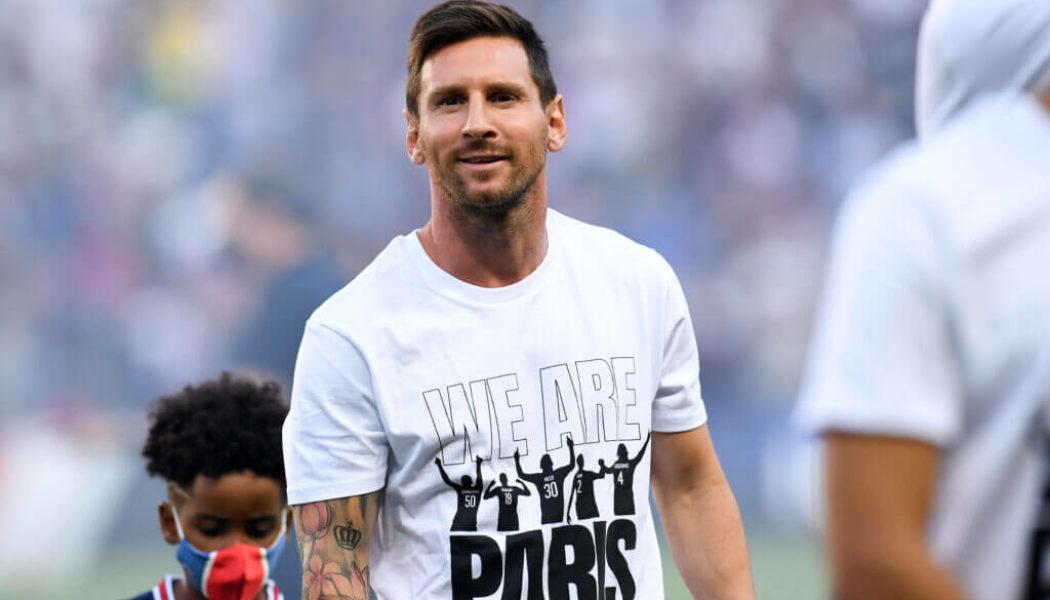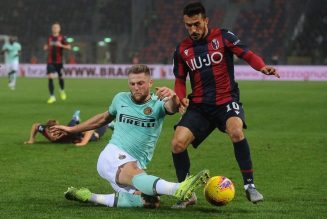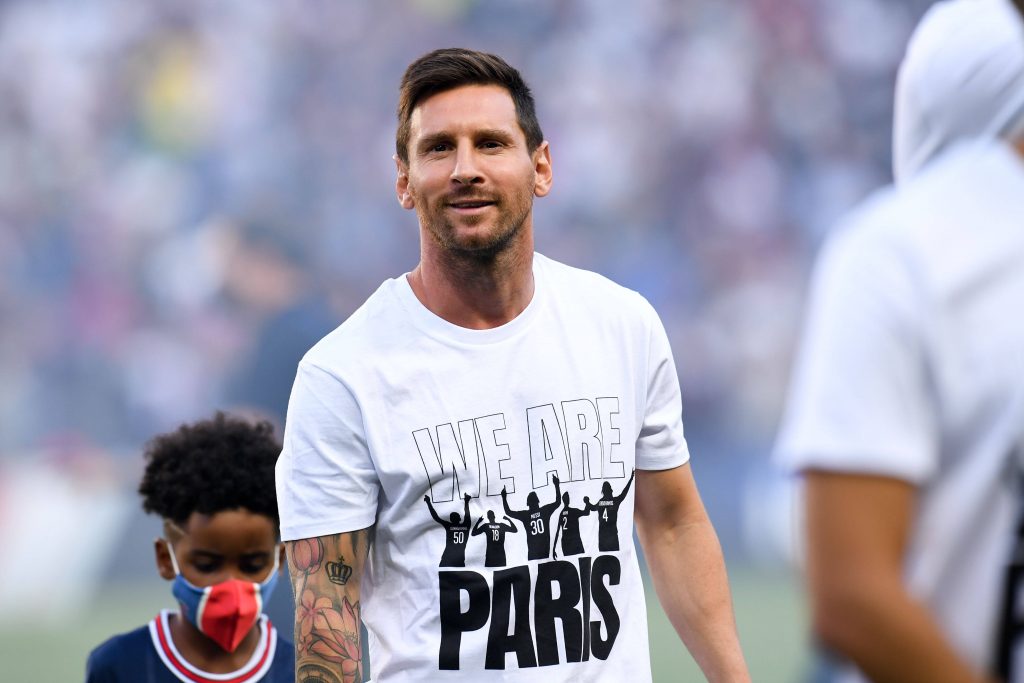
Paris Saint-Germain will not be in breach of UEFA’s Financial Fair Play rules even after the signing of Lionel Messi, claims Swiss Ramble on Twitter.
Messi recently joined PSG on a free transfer following the expiry of his contract at Barcelona.
However, despite no fee being paid, many questioned how the French giants could afford the forward’s astronomical wages while remaining in line with UEFA’s Financial Fair Play regulations.
When at Camp Nou, the Argentine was reported to be earning over €1 million per week.
Eventually, the club could not pay his salary without exceeding La Liga’s salary cap rules and had to let him go.
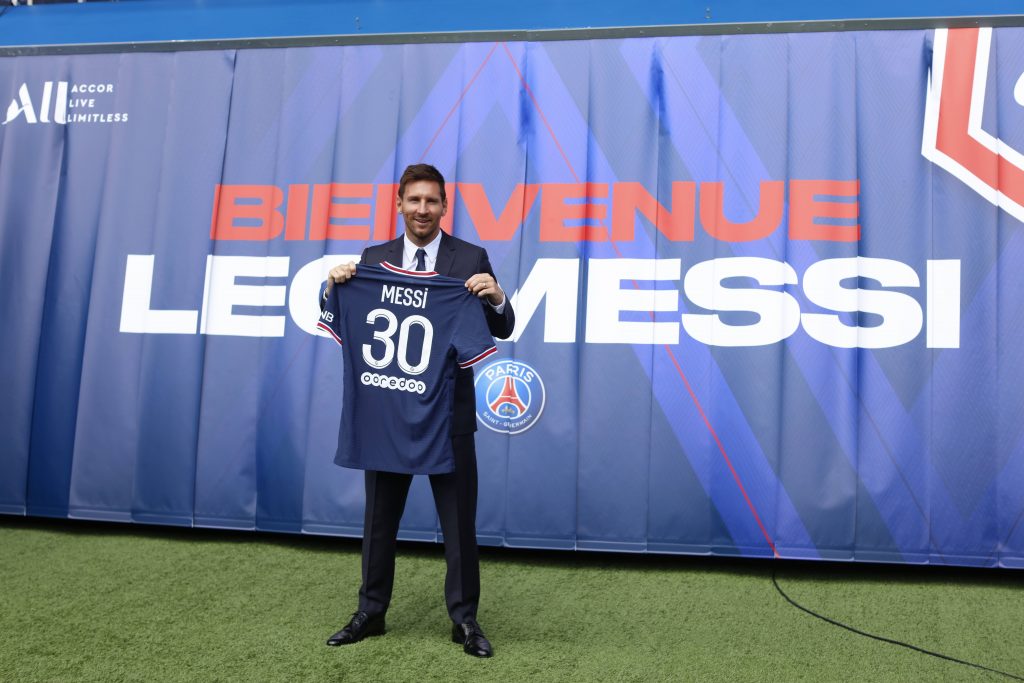
After he departed from the Catalan giants, Messi made the switch to Paris, which again prompted questions over the effectiveness of FFP.
However, Swiss Ramble has stated that PSG can afford to sign the six-time Ballon d’Or winner within the rules.
During the 2019/20 season, Les Parisiens had the highest wage bill in Ligue 1 by an absolute distance.
They were paying an estimated €414m in wages, over three times the next highest in the division. This made up 29% of the entire league’s wages.
This was the second-highest in Europe, behind only Barcelona with €443m. By comparison, Manchester City paid €401m in wages, Real Madrid €378m, Liverpool €371m, Bayern Munich €340m, Manchester United €324m and Chelsea €323m.
However, PSG are drawing in far more in revenue than the rest of the league. Their wage bill is 74% of their turnover – only Lyon, Dijon, and Brest had a lower figure.
Although, theirs was among the highest compared to other top European clubs, with only AC Milan paying higher of the European Super League clubs.
While the salaries of Messi, Sergio Ramos, Gianluigi Donnarumma and others will have increased their wage bill, it is worth noting that some high earners have departed over the last year, such as Edinson Cavani and Thiago Silva.
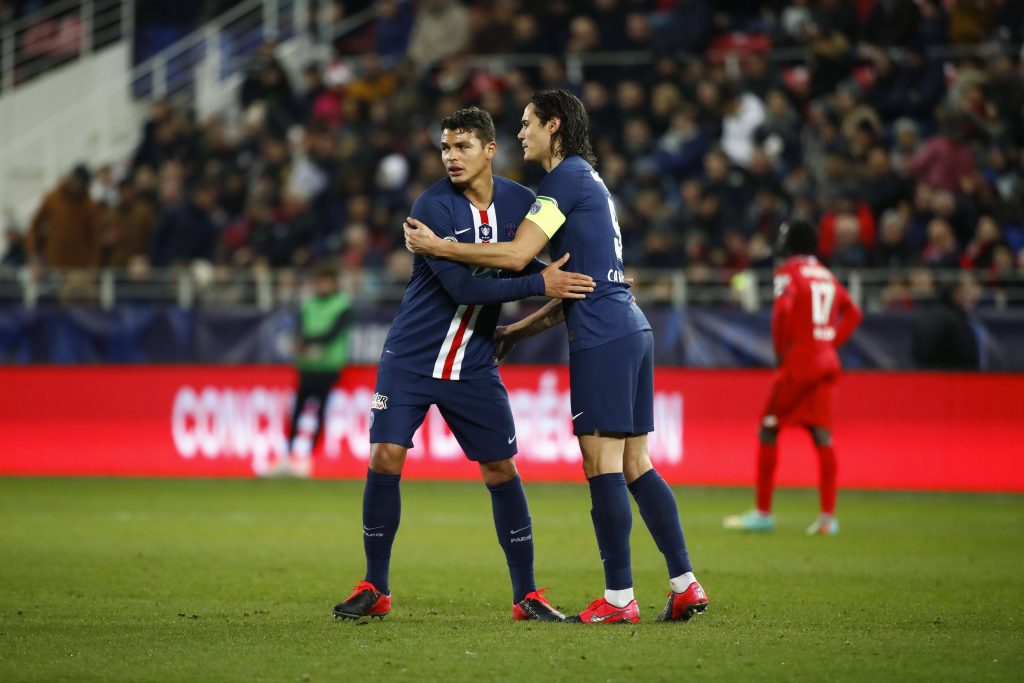
Compared to the rest of Europe’s elite sides, they were fairly middle-of-the-road when it comes to player amortisation with €142m.
This was far lower than Barcelona (€176m), Juventus (€167m), and Man City (€166m), while also being lower than Madrid (€155m) and Chelsea (€145m).
Meanwhile, their spend from the 2017/18 season through to 2019/20 is far lower than some of their rivals.
They shelled out €560m in transfer fees over that three year period, mostly made up from the signings of Neymar and Kylian Mbappe. Barcelona (€960m), Juventus (€801m), Chelsea (€758m), Man City (€678m), Madrid (€661m), Man Utd (€604m), and Atletico Madrid (€577m) all exceed this figure.
Additionally, all of those clubs surpass PSG in terms of net spend. Les Parisiens have sold over €300m worth of players, most notably Goncalo Guedes, Blaise Matuidi, Lucas Moura, Javier Pastore, Serge Aurier, and Giovani Lo Celso.
As a result, ten top European clubs have a higher net spend than them during that three-year period.
Furthermore, before the COVID-19 pandemic, PSG posted regular pre-tax profits, making money in four of the previous five years totalling €75m.
This is offset by a huge €125m loss in 2020 due to the pandemic and subsequent cancellation of the Ligue 1 season.
But even then, the club generated over a third of Ligue 1’s total revenue. They generated €560m for the league in 2019/20 – more than the next four highest combined.
They also draw in €287m in sponsorship and advertising revenue – the other 19 clubs make a total of €186m.
And the signing of Messi is expected to increase their influence in the commercial market.
When Juventus signed Cristiano Ronaldo in 2018, their sponsorship and advertising revenue grew by almost 50% in two years, and they were able to increase ticket prices by 30%. A similar increase at PSG would bring in around €150m.
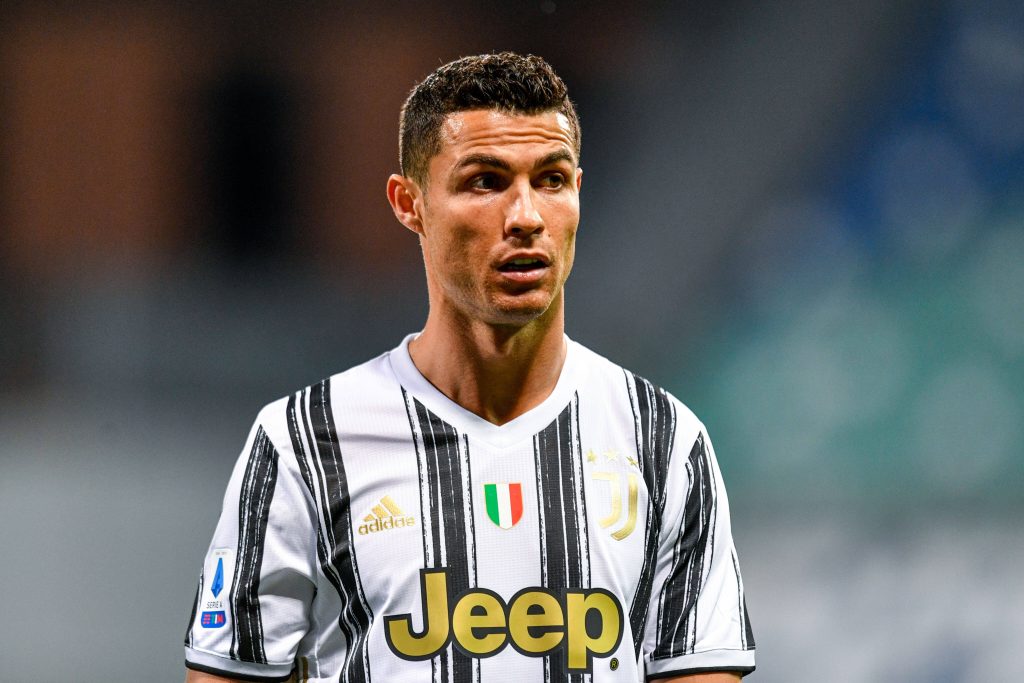
The issue of TV rights is prominent in French football, with the Mediapro scandal still affecting clubs.
However, PSG could compensate for this by reaching the Champions League final in 2020, earning them an estimated €127m.
Club president Nasser Al-Khelaifi is confident that PSG can sign Messi within FFP regulations.
As quoted by Swiss Ramble, the Qatari said: “We know the rules of FFP and will always follow the regulations. Before we do anything, we check with commercial, financial and legal people.
“We have the capacity. If we sign Leo (Messi), it’s because we can, otherwise we would not have done it.
“We respect FFP. If you look at it closely, we’ve signed four of the best players around on a free.
“We’ve had an amazing window, and we’ve always respected the regulations. We’re only focused on our own project, which remains legal.”
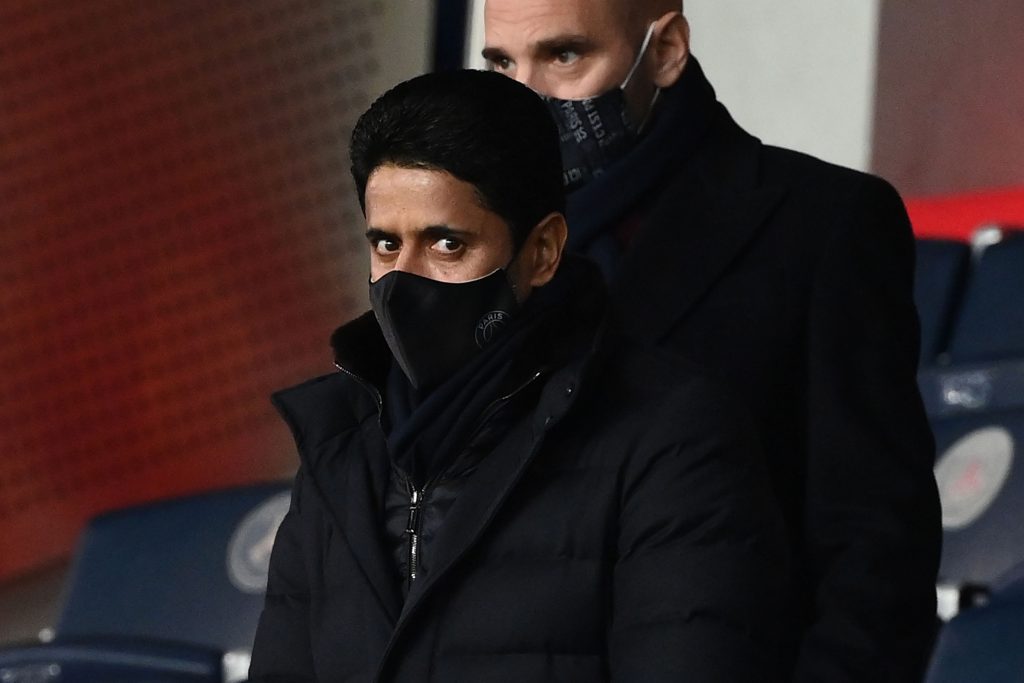
FFP is measured over a three-year period. From 2017 through to 2020, it is believed that PSG made a pre-tax loss of €53m.
However, much of this comes from youth development, depreciation, women’s football, and community projects, all allowable deductions. This leaves them with a small profit of around €4m.
Swiss Ramble concludes the thread by claiming that PSG should be fine regarding FFP rules, largely due to the relaxation of the laws following the COVID-19 pandemic.
Read: The Lionel Messi impact at Paris Saint-Germain.
